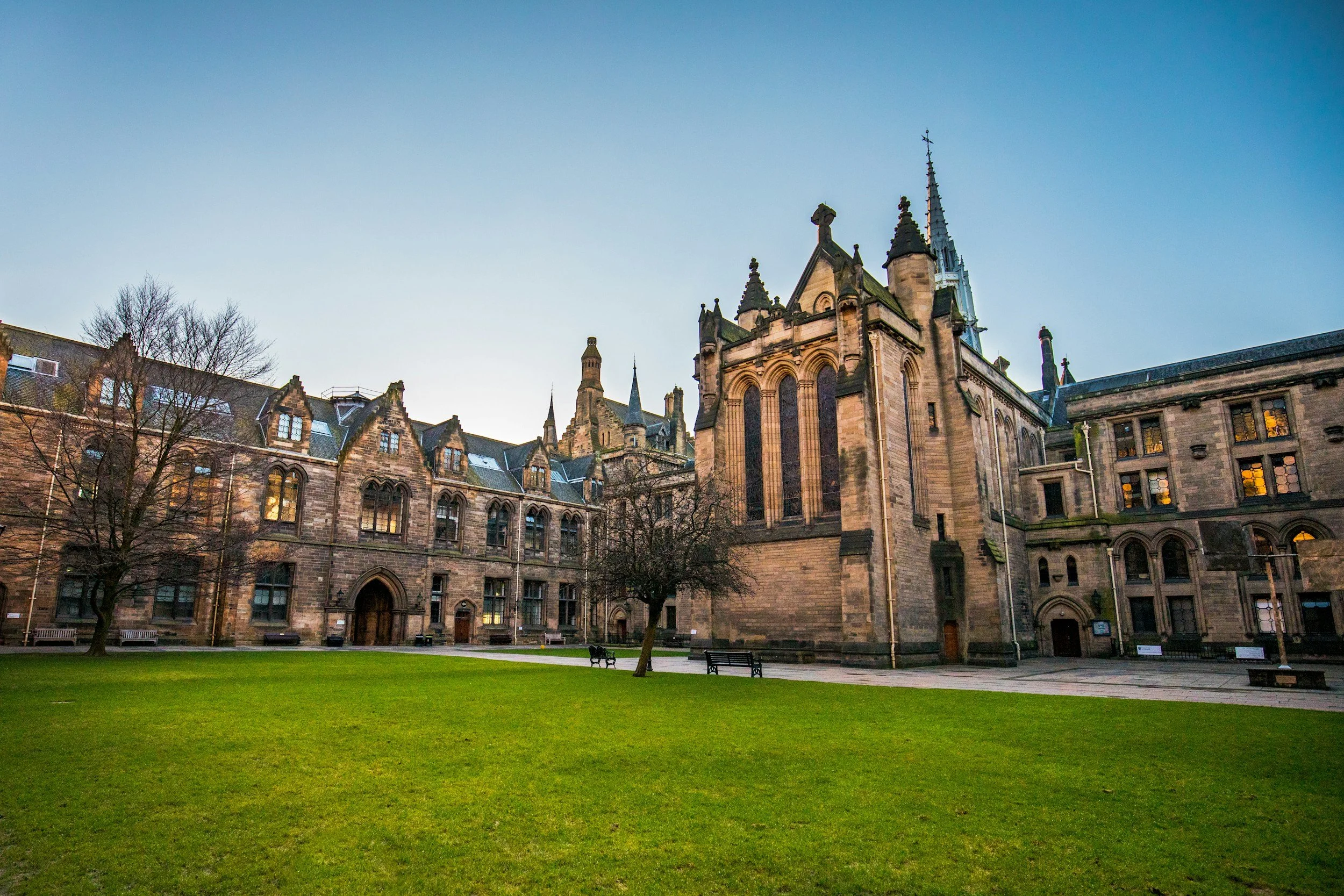“ELITE” EDUCATION IS NOT WHAT YOU THINK IT IS
Elite education is not what you think it is.
I was accepted into Harvard University as a teenager from a small city in Colorado. I thought school would be extremely difficult: that I'd spend countless nights studying, trying to pass my classes.
My experience, however, was that the things that made Harvard most difficult were less related to academics. Even though classes were hard (I did stay up late studying, many nights) my high school education did a decent job of preparing me, and it helped that I was able to pick my own classes and schedule in college.
The difficult part of Harvard was the social-emotional side. All my peers seemed to be involved in countless clubs and extracurricular activities, doing things I was unfamiliar with. Consulting? Finance? Model United Nations? These things were designed to prepare us for the job market after college. But I didn't know what they were, or how to get started.
So I stuck to academics and sports, repeating my high school routine.
While this routine allowed me to succeed academically, as my time in college progressed, I struggled socially and emotionally. I did not know how to position myself to succeed outside of the classroom. My peers got internships and job opportunities in fields I was completely unaware of, and were able to develop professional skills while traveling the world with their friends.
Don’t get me wrong, here. Elite education is about the academics—your excellent standardized test scores, grades, and course load in high school matter — but that’s not the full picture. College is about building connections and learning real-world skills through the activities you pursue outside of the classroom, too. It took me some time to learn that, but once I did, I was able to leverage my knowledge and relationships to support my professional goals and my overall well-being.
Here at Save the Students, we're invested in both sides of college preparation: the academic and the social-emotional. We believe we're especially equipped to help you, because we’ve experienced these difficulties ourselves. When we were in college, struggling, we found each other and learned how to perform at a higher level. Now, we're dedicated to giving those lessons back to our communities so they suffer less.
